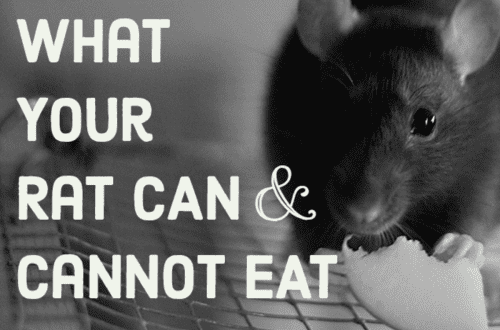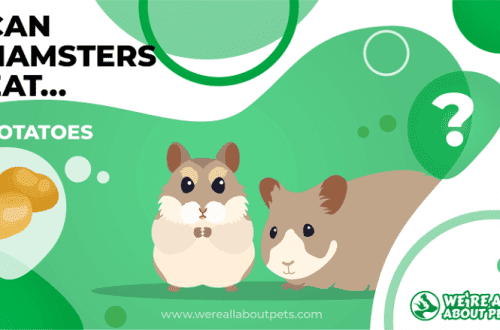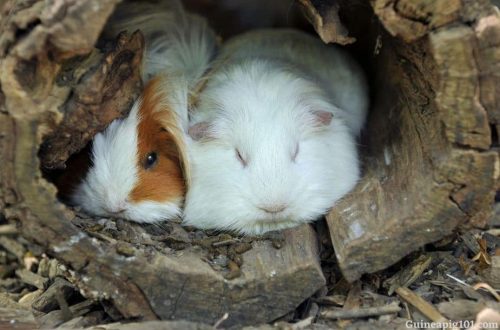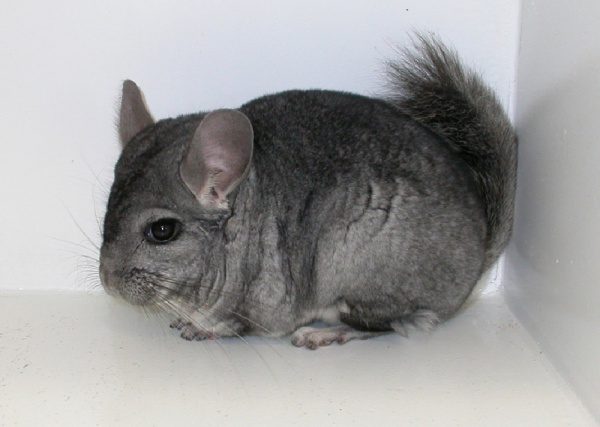
Chinchilla does not eat or drink: causes of lethargy and poor appetite
Chinchillas are cute fluffy rodents with a friendly disposition and almost human emotionality. A healthy animal is always active, cheerful and invariably chews something. If the chinchilla has stopped eating and drinking, refuses even his favorite treat, constantly sleeps, and is very lethargic and lethargic during wakefulness, most likely the pet is sick and needs timely help from a veterinarian.
Contents
Diseases in which the chinchilla refuses to eat
Sometimes the reason for refusing to eat can be stale food or the desire of a furry animal to get a tastier treat, but most often the lack of appetite is a symptom of a serious infectious or non-contagious disease of an unusual pet.
Stress
Chinchillas are very gentle emotional animals prone to stressful situations. A change of scenery, harsh sounds, aggression from the owner or pets, moving a new partner into a cage can cause stress in a fluffy animal, in which hair loss is noted, apathy, the chinchilla does not eat or drink, it becomes lethargic.
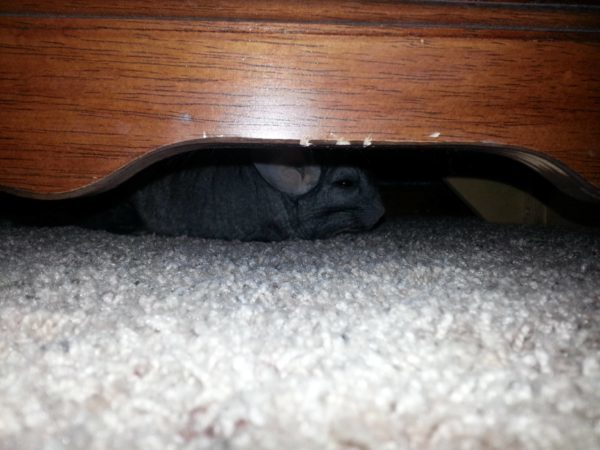
What to do if a chinchilla is stressed?
It is recommended to put a frightened pet in a separate cage, talk affectionately with the baby, offer favorite treats and give time to calm down.
Pathology of the gastrointestinal tract
If you feed a chinchilla with prohibited foods, the pet animal develops diseases of the gastrointestinal tract.
Catarrh of the gastrointestinal tract – catarrhal inflammation of the gastric mucosa, caused by feeding a fluffy pet with poor-quality or spoiled foods. Allocate acid and alkaline catarrh. If the chinchilla does not eat, there is exhaustion, brittleness and disheveled hair, liquid stools, which means that the gastrointestinal tract has become inflamed in the rodent. With sour catarrh, fermentation processes occur in the intestinal lumen, the foamy feces of the rodent have a grayish-brown hue and a sharp sour smell. In the alkaline form, putrefactive inflammation is observed, the feces become dark brown with a sharp unpleasant odor.
What to do with catarrh of the gastrointestinal tract?
Treatment of the disease is carried out by a veterinary specialist and includes the appointment of a strict diet, antibacterial, enveloping and anti-inflammatory drugs.
Bloating
Tympania (stomach bloating) and flatulence (intestinal bloating) – occur when feeding a chinchilla with fermenting food: cabbage, apples, carrots, expired feed. Both diseases have a similar clinical picture, can cause the rapid death of a pet.
With tympani and flatulence of a chinchilla:
- eats badly;
- in a depressed state, he constantly lies on his side and groans;
- breathing heavily;
- the painful abdomen is tense;
- when tapped, it produces a characteristic drum sound.
What to do with swelling in a chinchilla?
An urgent infusion of carminatives, abdominal massage and active movements to remove gases, injections of antispasmodic and painkillers are needed.
Constipation
Constipation – occurs against the background of diseases of the gastrointestinal tract, lack of water and roughage, immobility of the animal. Pathology can cause the death of a pet as a result of intestinal rupture.
At the prison:
- feces become dry and small;
- there may be a complete absence of bowel movements;
- chinchilla eats little, does not drink, barely walks;
- a sluggish animal sits in a hunched position;
- through the stomach, you can feel the clogged intestines of the pet.
What to do with constipation in a chinchilla?
It is necessary to drink vegetable oil, water and feed hay and fruit to the rodent; in advanced cases, it is necessary to drink a laxative to the chinchilla or put a cleansing enema.
Diarrhea
Diarrhea in chinchillas develops when feeding forbidden or spoiled foods, with infectious diseases, overexcitation of a pet.
The disease manifests itself:
- frequent liquid bowel movements;
- lack of appetite;
- exhaustion and lethargy of a furry animal;
- deteriorating wool quality.
What to do with diarrhea in a chinchilla?
To stop diarrhea at home, you can drink a decoction of rice or oak, strong tea, and charcoal to a small rodent. If there is no effect, it is necessary to urgently consult a specialist in order to avoid dehydration and death of the pet. The doctor prescribes infusions of saline solutions and antibacterial drugs.
Poisoning (intoxication)
Intoxication in chinchillas develops as a result of the ingestion of salty foods, nitrates, poisonous herbs, chemicals, spoiled hay. Poisoning can cause the sudden death of a wonderful animal.
With chinchilla intoxication:
- does not run, does not play, sleeps almost all the time;
- refuses food and water;
- there is an urge to vomit and vomiting;
- bloody diarrhea, bloating;
- mucous and foamy discharge from the nose and mouth, sometimes with streaks of blood;
- profuse salivation;
- sometimes gnashing of teeth, convulsions and paralysis of the limbs.
What to do if a chinchilla is poisoned?
The pet must be given emetics or laxatives, gastric lavage and urgently contact a specialist to save the little animal.
Foreign body
A foreign body can be any piece of food that has fallen into the throat or nasopharynx of a chinchilla during feeding. The chinchilla does not eat or drink, becomes lethargic, there is an urge to vomit, vomiting, mucous and foamy discharge from the nose and eyes.
What to do if a chinchilla is poisoned?
The pet can be shaken upside down several times, holding firmly by the legs, sometimes a treat helps, with which the chinchilla pushes the stuck food. It is highly not recommended to independently remove an object from the throat or nasopharynx of an animal, you must urgently contact a veterinary clinic.
Dental pathologies
Dental pathologies are one of the most common reasons why rodents refuse to eat, chinchillas have malocclusion and the formation of hooks on the teeth due to feeding disorders or genetic disorders.
With dental pathologies chinchilla:
- refuses to eat;
- often washes the muzzle;
- scatters food;
- there is profuse salivation;
- incomplete closure of the mouth;
- exhaustion;
- lethargy;
- fragility of wool.
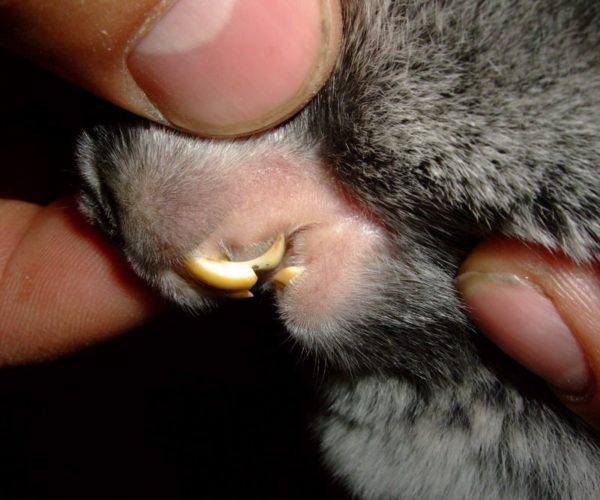
What to do with the pathology of the teeth in a chinchilla?
Dental pathologies should be treated by a veterinarian using special tools under general anesthesia.
Heatstroke
Violation of the conditions of detention leads to overheating of the animal, the air temperature in the room above +25 degrees is deadly for an exotic animal. Inexperienced chinchilla breeders who do not install split systems experience massive deaths of pets during the hot summer period.
Symptoms of overheating in chinchillas:
- lethargy, refusal to eat and drink;
- pallor of mucous membranes;
- rapid breathing and heartbeat;
- convulsions and loss of coordination are possible.
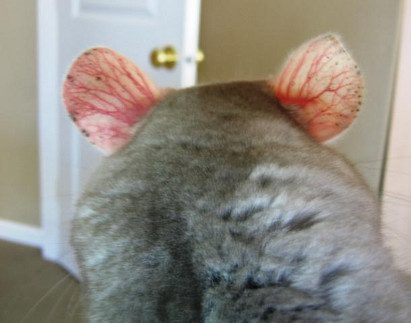
What to do if a chinchilla overheats?
The cage with the pet must be placed in a cool dark place, excluding drafts and a veterinarian should be called to the house, the rodent needs to be given heart medications.
Rodents have an increased metabolism, so all diseases of chinchillas are characterized by a rapid course and the development of severe complications, up to death. A healthy chinchilla has shiny dry eyes, even yellow-orange teeth and excellent appetite, the absence of the latter or sudden weight loss is the reason for an early visit to a specialist for early diagnosis and treatment of the disease of a little friend.
What to do if the chinchilla has stopped eating or drinking, has become lethargic and constantly sleeps
4 (80%) 2 votes



